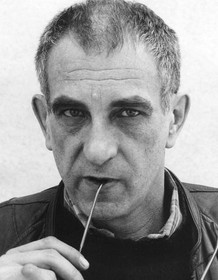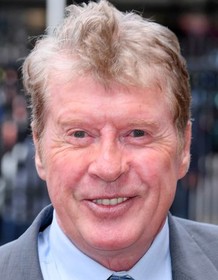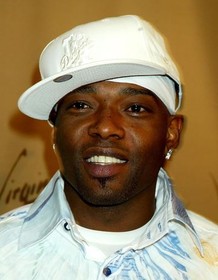Krzysztof Kieslowski
follow


A leading Polish director who achieved international acclaim from behind the Iron Curtain, Krzysztof Kieslowski began his career by making documentaries that focused on the cultural, political and economic problems of Poland during the waning days of the Soviet Union. Having grown up under both Nazi and Stalinist rule, Kieslowski naturally gravitated toward the political and often remained at odds with authority, while at the same time relying on state financing to make his films. In the mid-1970s, he began moving away from documentaries toward narrative filmmaking and keeping his focus on political themes. Kieslowski rose to international fame late in the decade with "Camera Buff" (1979) and solidified his status as a powerhouse filmmaker with "Blind Chance" (1981) and "No End" (1984). But it was on Polish television that he was able to make his greatest achievement, "The Decalogue" (1988), a film cycle of 10 one-hour films that adapted each of the Ten Commandments into a modern fictional story. Universally acclaimed, the series won numerous awards and became a staple of film school classrooms the world over. Kieslowski next directed his most conventional art house film, "The Double Life of Veronique" (1991), which also brought him his greatest success. With his famed "Three Colors" trilogy - "Blue" (1993), "White" (1993) and "Red" (1994) - Kieslowski cemented his place as a towering figure of European cinema whose influence stretched across the globe.
Create Post
Post


How much you willing to pay
If power lunch with Krzysztof Kieslowski
Sure


Bid for lunch


Date





